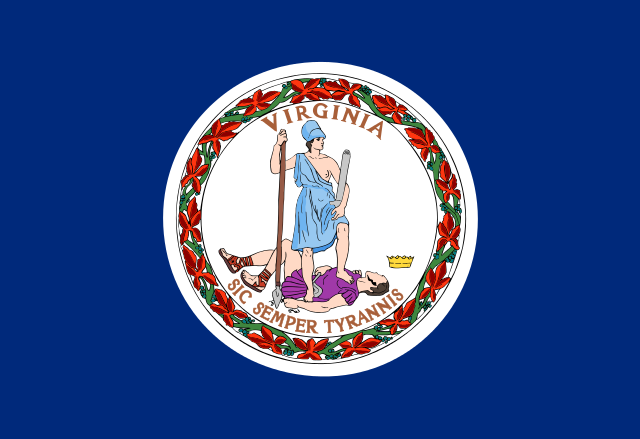
Robert P. Schultze, longtime director of the Virginia Retirement System, said Tuesday that he will be stepping down from the job to take a new position as the president and CEO of a national retirement company.
VRS will begin searching for a new director this week.
From DailyProgress.com:
Virginia is losing the leader of the retirement system it operates for more than 600,000 state and local government employees.
Schultze, 64, has led VRS since 2005, guiding it through an economic recession that slashed its financial assets by $16 billion and a series of political reforms that reshaped pension benefits for most newly hired state and local government employees, including teachers.
“Bob has been a strong hand at the tiller,” said R. Ronald Jordan, executive director of the Virginia Governmental Employees Association, representing more than 100,000 state workers and retirees. “State employees will miss him as a friend.”
The board of trustees of the $66 billion retirement system will begin a national search for a successor to Schultze this week. His annual salary is $175,709, and he is eligible for a $50,000 performance bonus, which would be paid into a deferred compensation plan.
[…]
Schultze will become president and chief executive officer of ICMA-Retirement Corp., which manages and administers more than 9,000 retirement plans, including the hybrid retirement plan that took effect Jan. 1, 2014, in Virginia as a result of sweeping pension system reforms in 2012.
VRS chose ICMA to manage the hybrid plan — combining traditional defined pension benefits and 401(k)-type contributions — and the system’s deferred compensation plan two years ago. A year later, the company’s president and CEO, Joan McCallen, announced her retirement, creating an opening that Schultze was chosen to fill.
“It’s kind of an opportunity that I thought would never come around for me,” Schultze said. “So when it landed in my lap, I decided I’d better pursue it.”
The Virginia Retirement System manages $66 billion in assets for 600,000 public employees.
Photo credit: “Flag of Virginia”. Licensed under Public Domain via Wikimedia Commons – http://commons.wikimedia.org/wiki/File:Flag_of_Virginia.svg#mediaviewer/File:Flag_of_Virginia.svg
 On the heels of the resignation of Virginia Retirement System director Robert P. Schultze, the system’s trustees have named a new acting director: Patricia S. Bishop, who also serves as VRS’ deputy director.
On the heels of the resignation of Virginia Retirement System director Robert P. Schultze, the system’s trustees have named a new acting director: Patricia S. Bishop, who also serves as VRS’ deputy director.



